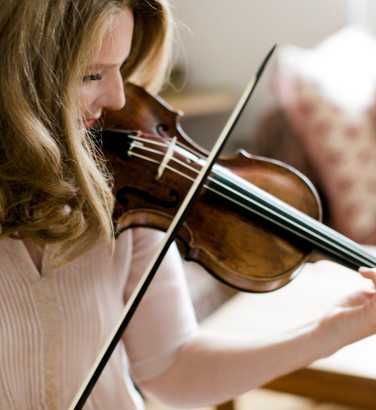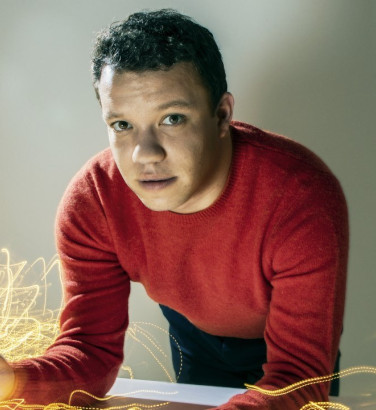
Sir James MacMillan: "there is great power in Scottish traditional music"
26 Feb 2024
News Story
Sir James MacMillan (photo by James Bellorini)
Of all our living composers, Sir James MacMillan has perhaps the closest connection with the SCO: the Orchestra has premiered almost 20 of his works since the 1980s, during which time he has become one of Britain's most prominent composers. The warm relationship between Orchestra and composer continued with SCO performances of two of his works in March 2024: the world premiere of Composed in August (with the SCO Chorus), closely followed by Tuireadh in our Digital Season.
We were delighted to interview Sir James to find out more about these performances and his relationship with the Orchestra.
As a Scot, it’s perhaps only to be expected that Composed in August is one of many Burns settings you have written. What does his poetry mean to you?
I grew up with the poetry of Robert Burns. An Ayrshire childhood is filled with the local poet’s work and memory. There is such a lyrical and musical dimension to his work and it was inevitable that I would turn to the task of making my own settings of his words. I’ve recited and sung his songs since I was a little boy and I had always been struck by the beauty of this particular poem, also known by its first line 'Now Westlin Winds'.
Tuireadh is a world away from this. Musically, how does the Scottish lament stand apart from the secularism of our folk song idiom?
There is a great power in Scottish traditional instrumental music, as well as song, to express grief and mourning, whether in a sacred or secular context. I’ve always been aware of this and have always hoped to plug into this deep reservoir of musical experience for my own compositional investigations. This was certainly the case in the composing of Tuireadh which I wrote to commemorate the dead of the Piper Alpha disaster.
How has your relationship with the Orchestra developed over the years, from your student days to becoming an established composer?
I’ve always valued my relationship with the SCO. I first wrote for them in the late 1980s and I have been delighted that some of my significant scores have been made for them, including Tryst and Veni, Veni Emmanuel, the percussion concerto I wrote for Evelyn Glennie, and the second violin concerto I wrote for Nicola Benedetti recently [premiered in the 2022/23 Season].
Which performances of your music by the SCO particularly stand out for you?
I have a great memory of the performance the SCO and their Chorus gave of my Seven Last Words a few years ago. It was a privilege to conduct them in this.
Looking to the future, are there any gems among your works which you would love to see performed more often?
There are a few small-to-medium scale concertos which I’m keen to bring back, including my second piano concerto, Seraph for trumpet and strings and an arrangement of Kiss On Wood for solo cello and string orchestra. I’ll be conducting that in the USA next year.
Related Stories
![]()
The Great Grumpy Gaboon: a chat with Jay Capperauld and Corrina Campbell
30 December 2024
What is a Gaboon, and why is it grumpy? We chatted to the creators of our new Family Festival to find out ...![]()
Rachel Podger: "I'm especially fond of the Polonaise in the First Brandenburg Concerto"
9 December 2024
The feted British violinist talks to us about her love for the Brandenburg Concertos and more.![]()
Ryan Bancroft: "a conversation with the leader of a Finnish orchestra changed how I heard Sibelius"
30 September 2024
We speak to conductor Ryan Bancroft about music from (his not quite native) Scotland and Scandinavia.


